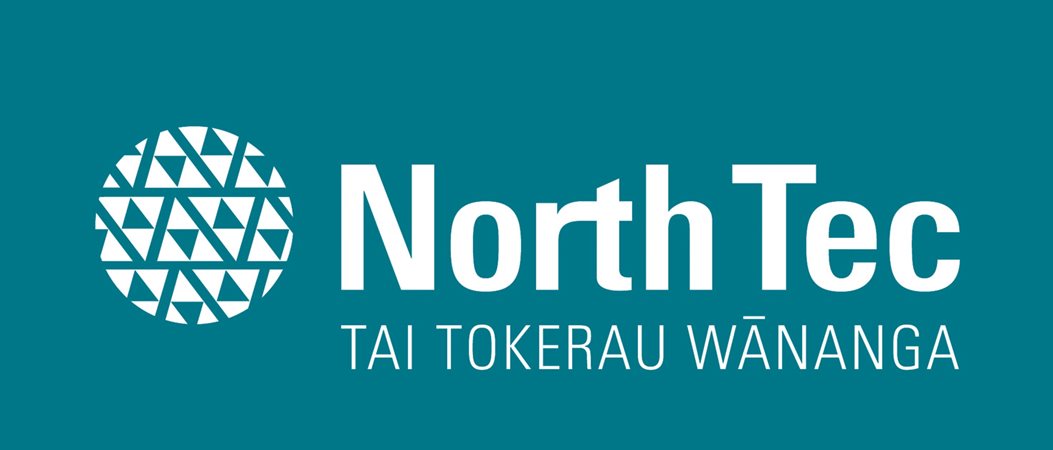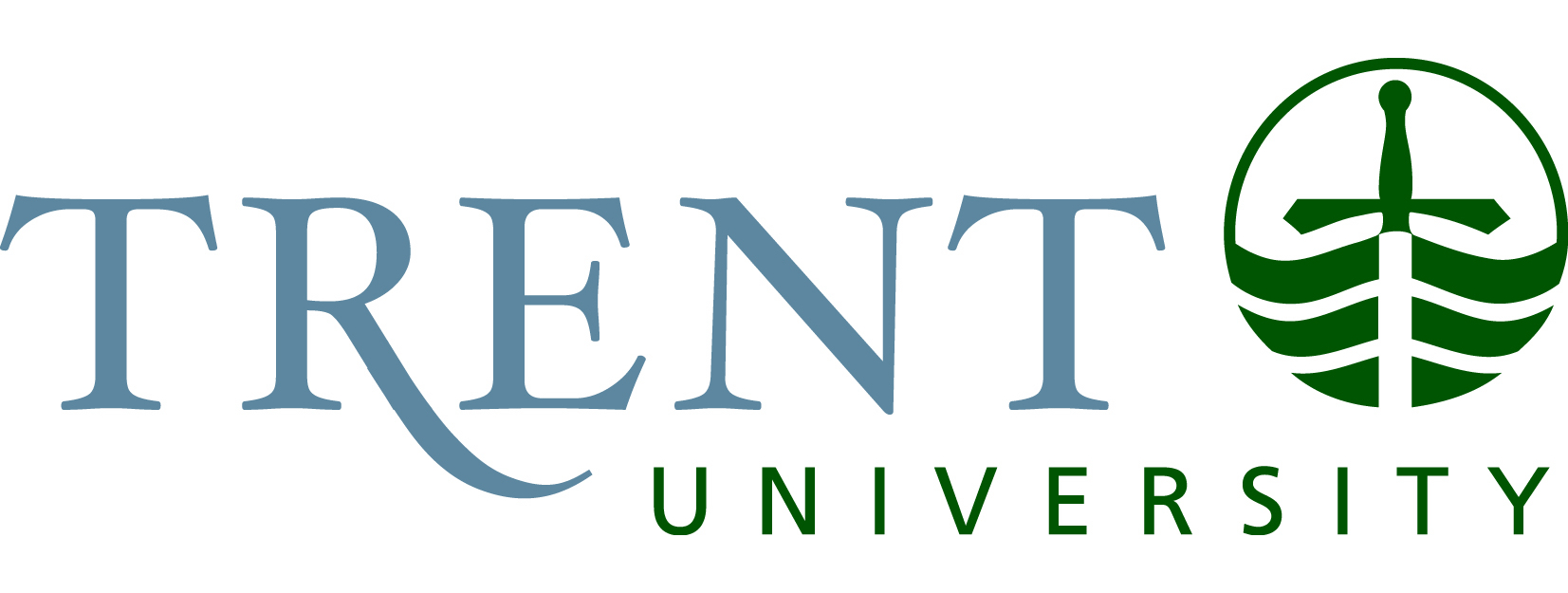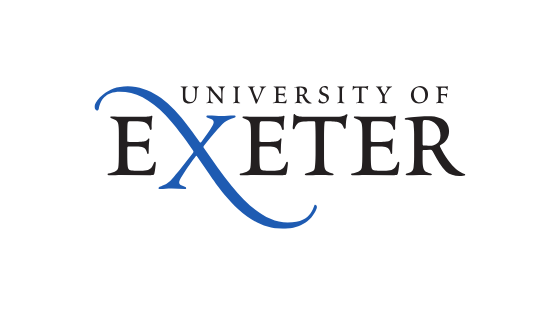Study Communications Abroad: Unlock Global Opportunities
Embark on a transformative journey in Communications, a dynamic field that equips you with the skills to shape narratives, influence audiences, and drive change in today's interconnected world. For Indian students aspiring to study abroad, pursuing a Communications degree opens doors to prestigious universities in countries like the USA, UK, Canada, and Australia. This course page explores everything you need to know about Communications programs, from curriculum highlights to career prospects, tailored specifically for your global academic adventure.
What is Communications?
Communications is an interdisciplinary field that studies how information is created, shared, and interpreted across various media and cultures. It encompasses areas like journalism, public relations, digital media, advertising, and corporate communication. In an era dominated by social media, global news, and digital storytelling, a Communications degree prepares you to navigate and lead in these evolving landscapes.
For Indian students, studying Communications abroad is particularly appealing. It bridges the gap between India's vibrant media industry and international standards, enhancing your employability in multinational companies, NGOs, and media houses back home or worldwide. Whether you're passionate about Bollywood's influence or global journalism, this degree hones your ability to communicate effectively in diverse settings.
Why Study Communications Abroad?
- World-Class Education: Access cutting-edge curricula and faculty expertise not always available in India.
- Global Exposure: Immerse yourself in multicultural environments, perfect for understanding cross-cultural communication.
- Advanced Facilities: Utilize state-of-the-art studios, media labs, and digital tools for hands-on learning.
- Career Boost: International degrees from top universities are highly valued by Indian recruiters in sectors like IT, entertainment, and public affairs.
- Networking Opportunities: Connect with industry professionals through internships and events, building a global network.
Indian students often choose Communications for its blend of creativity and strategy, aligning with India's growing digital economy. Programs abroad emphasize ethical communication, media ethics, and digital literacy—skills crucial for addressing challenges like fake news and social media's impact on society.
Popular Destinations for Communications Programs
| Country | Top Universities | Program Highlights | Average Tuition (INR per year) |
|---|---|---|---|
| USA | Northwestern University, Columbia University, USC Annenberg | Focus on journalism, film, and digital media; strong internship programs | 25-40 lakhs |
| UK | University of Westminster, Cardiff University, LSE | Emphasis on public relations and broadcasting; short program durations | 15-25 lakhs |
| Canada | University of Toronto, Ryerson University, UBC | Integrated media studies; affordable with post-study work visas | 12-20 lakhs |
| Australia | University of Sydney, RMIT University, Monash University | Practical skills in advertising and communication design; vibrant student life | 18-30 lakhs |
These destinations offer diverse options, from bachelor's (3-4 years) to master's (1-2 years) and even PhD programs. Indian students benefit from streamlined visa processes in Canada and Australia, making them ideal starting points.
Curriculum and Course Structure
Communications programs are designed to be flexible, allowing specialization based on your interests. A typical bachelor's curriculum includes foundational courses in your first year, building to advanced electives and projects later. Master's programs dive deeper into research and professional practice.
Core Modules (Common Across Programs)
- Introduction to Mass Communication: Basics of media theories, audience analysis, and message design.
- Digital Media and Social Platforms: Exploring tools like SEO, content creation on Instagram/TikTok, and analytics.
- Journalism and Reporting: Ethical writing, investigative techniques, and multimedia storytelling.
- Public Relations and Advertising: Brand management, crisis communication, and campaign strategies.
- Intercultural Communication: Vital for Indian students—covers global perspectives, language barriers, and cultural sensitivity.
- Media Law and Ethics: Understanding regulations in international contexts, including data privacy (GDPR in Europe).
Specializations
Choose from streams like:
- Strategic Communication: For careers in PR and corporate roles.
- Media Production: Hands-on with video editing, podcasting, and film.
- Digital Journalism: Focus on online news, fact-checking, and emerging tech like AI in media.
- Corporate Communication: Business writing, internal comms, and leadership messaging.
Many programs include internships (e.g., 3-6 months at BBC or CNN affiliates) and capstone projects, where you might develop a media campaign for a real client. For Indian students, electives on Asian media landscapes can tie back to home, analyzing Bollywood's global reach or India's digital revolution.
Admission Requirements for Indian Students
Gaining admission is straightforward with proper preparation. Here's a step-by-step guide:
- Academic Qualifications: Bachelor's: 10+2 with 60-70% (any stream, but English/Arts preferred). Master's: Bachelor's degree in Communications or related field with 55-65%.
- English Proficiency: IELTS (6.5+ overall), TOEFL (90+), or PTE (58+). Some universities accept Duolingo for flexibility.
- Standardized Tests: GRE/GMAT optional for most programs; SAT for undergrad in the USA.
- Documents Needed: SOP (Statement of Purpose) highlighting your passion for Communications, LORs (2-3), resume, and portfolio (e.g., writing samples or media projects).
- Visa Process: Student visa (F-1 for USA, Tier 4 for UK). Indian students should prepare financial proofs (INR 10-15 lakhs bank balance) and attend biometrics.
Application deadlines: Fall intake (Sept) – apply by Jan-Mar; Spring (Jan) – by Sept-Nov. Start early to align with Indian academic calendars.
Scholarships and Financial Aid
Studying abroad doesn't have to be daunting financially. Indian students can access various scholarships:
- University-Specific: Merit-based awards like USC's International Scholar Program (up to 50% tuition waiver).
- Government Schemes: India's National Overseas Scholarship for SC/ST students; Fulbright-Nehru for USA master's.
- Country-Specific: Chevening Scholarships (UK, full funding); Australia Awards (up to AUD 30,000); Vanier Canada Graduate Scholarships.
- Private Options: Inlaks Shivdasani Foundation (INR 10 lakhs+); JN Tata Endowment (loan scholarships).
Part-time work (20 hours/week) is allowed in most countries, earning INR 50,000-1 lakh monthly. Budget tip: Total cost (tuition + living) = INR 20-50 lakhs/year; scholarships can reduce this by 30-100%.
Career Prospects After Studying Communications
A Communications degree abroad catapults your career, with 90%+ employability rates. Indian graduates often return with salaries 2-3x higher than local peers.
Top Job Roles
- Media Planner/Analyst: Salary: INR 8-15 lakhs (India), $50K-80K (abroad).
- Public Relations Specialist: Manage brand image for companies like Google or Tata.
- Digital Content Creator: Roles in social media for influencers or agencies; booming in India's startup scene.
- Journalist/Broadcaster: Work with NDTV, BBC, or international outlets.
- Corporate Communicator: In-house roles at MNCs, focusing on ESG and sustainability messaging.
Post-study work visas (e.g., 2-3 years in Canada/Australia) allow you to gain experience before returning. Many alumni start agencies or consult for Indian firms expanding globally.
Student Life and Support for Indian Students
Adjusting abroad is easier with robust support systems. Universities offer orientation for internationals, Indian student societies (e.g., ISA at USC), and counseling for homesickness. Cities like Toronto or Sydney have large Indian diasporas, with Diwali events and Indian groceries aplenty.
Tips for Success:
- Join clubs like debate societies or film-making groups to build skills.
- Balance studies with cultural exploration—visit landmarks while interning.
- Leverage alumni networks; many Indians have paved the way in media.
Studying Communications abroad isn't just about a degree—it's about becoming a global storyteller. For Indian students, it's your ticket to influencing the world while staying rooted in your heritage. Ready to apply? Contact our counselors for personalized guidance.













